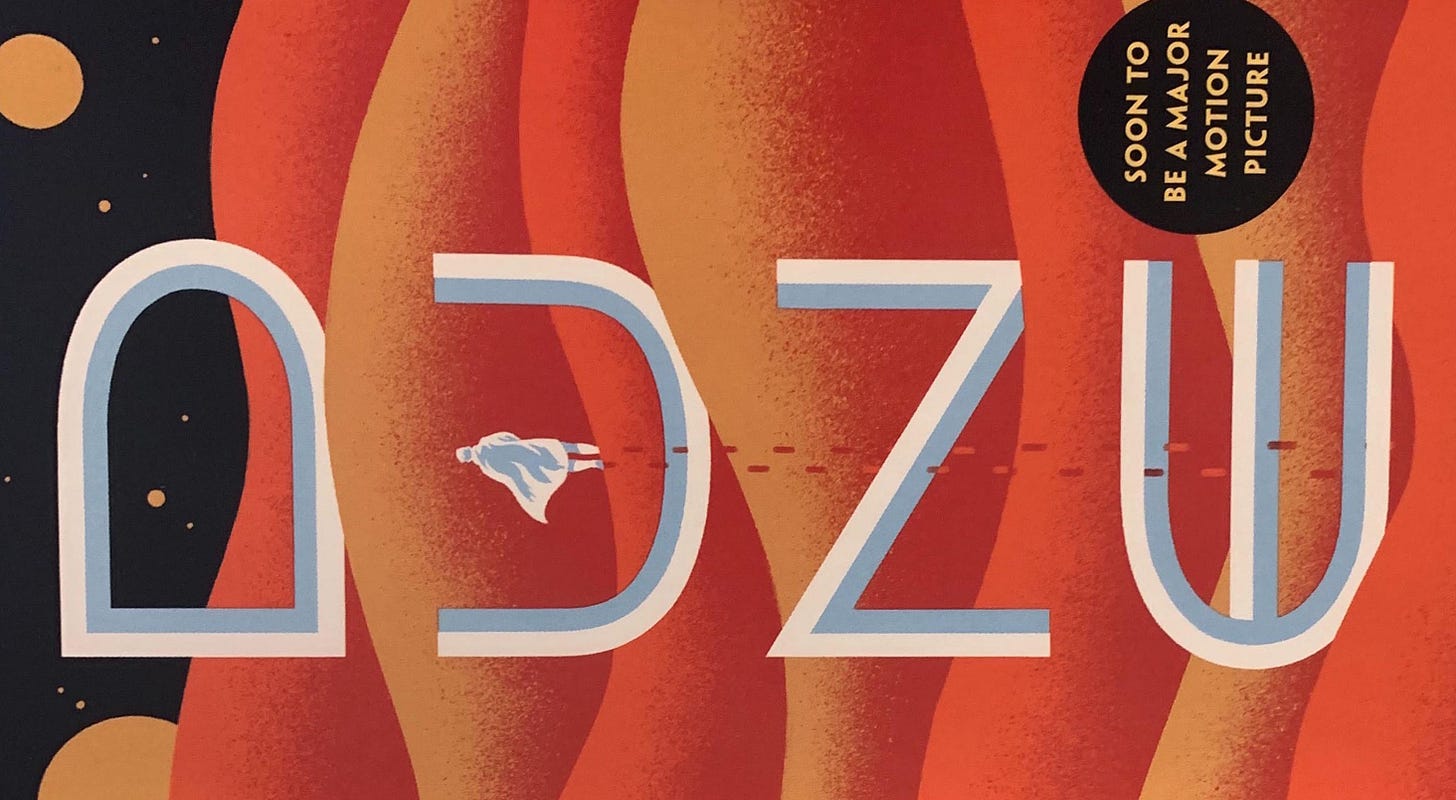Lost in the Wilderness With Nothing but Spam
THE WEAK POINT of the story of the lost hiker is also the strong point of the story of the lost hiker, which is that nothing really serious happened. The hiker didn't even know they were experiencing a soon-to-be-viral news event. They just hiked up Mount Elbert, in Colorado—a chance for everyone to briefly learn the name of the tallest peak in Colorado—got lost, kept wandering around, and after 24 hours found their way back down to their parked car. No harm but wasted time.
The viral part was what the hiker didn't do: answer their mobile phone when a search-and-rescue team kept trying to call them. “The subject ignored repeated phone calls from us because they didn’t recognize the number," Lake County Search and Rescue posted on Facebook.
"Don't we all," didn't we all say, when the news entered our feed. Probably I read about it on my phone, which I keep calling a phone even though I barely converse on it. My "Recents" list starts with two "Potential Spam" calls, followed by what look like two more unflagged spam calls, interlaced with two calls I think I made to family members to make their phones ring so we could figure out where they'd left them. Then there's one real call to a real person, or rather two real calls because the first call dropped, and then the spam numbers pick up again.
In the time it took to start writing this, the landline rang with a call from the "Medicare insurance company." They didn't even tamp down the boiler-room clatter in the back, the sound of dozens of people trying to scam other people all at once.
We are all wandering around from trail to trail, hassled by the seemingly pointless ringing of our phones. Wait, now I remember that one of those calls on my list wasn't spam after all; I overlooked the little glyph saying I was the one who dialed it. My younger son had gotten randomly tested for COVID at school, but we never heard back about the results, so I had to call the testing company, in case they had tried to call me and I'd refused to answer it.
The United States has gotten rid of all the jobs where people answer the phone and try to help you, and we replaced them with jobs where people call you up on the phone and try to rip you off (or, mostly, robots call you up and try to rip you off). Obviously institutions like Facebook and Fox News are doing their part to make as many Americans as possible surrender to nihilistic mistrust and paranoid fantasy, but some substantial part of the blame has to go with the telephone's steady transformation from friend to enemy. Why would you feel social cohesion when you're constantly being hassled by some liar trying to make you panic about your car's warranty?
Lake County Search and Rescue told the story of the hiker to try to encourage people to change their behavior and go ahead and answer their phone if they're lost on a mountain. But the moral of the hiker's story can't help pointing the other way: you're not imagining it, the scam call situation really is this bad, for everybody, even 14,000 feet up a mountain. If I were in the hiker's situation, I would do the same thing. Except my iPhone is closing in on two years old, so, realistically, the battery would have died on a snowy peak hours before anyone even realized I was missing.
PAGE-TO-SCREEN DEP'T.
ON TUESDAY, DUNE star Timothée Chalamet shared a new prescient vision with the world, tweeting out a logo for Dune, Part 2. This confirmed that director Denis Villeneuve had succeeded in his scheme to attack the overstuffed sci-fi novel by simply starting to film the story until he had one movie's worth of it, calling that "Part 1," and trusting that he'd be allowed to come back and pick up the rest. Now that the famously un-adaptable Dune seems to be on a path to successful adaptation, Variety is proposing a set of other famously unfilmable books—Gravity's Rainbow, The Silmarillion—for film.
Don't stop there! Here are Indignity's contributions to the list of unfilmable titles:
Webster's New International Dictionary, Second Edition
The Art of the Deal, by Donald J. Trump with Tony Schwartz
Rodger Ward's Guide to Good Driving
The Revelation of St. John the Divine
Betty Crocker's Picture Cook Book
A Field Guide to the Birds of Eastern and Central North America, by Roger Tory Peterson
The Voynich Manuscript
Screenplay: The Foundations of Screenwriting, by Syd Field
The Science of Hitting, by Ted Williams with John Underwood







